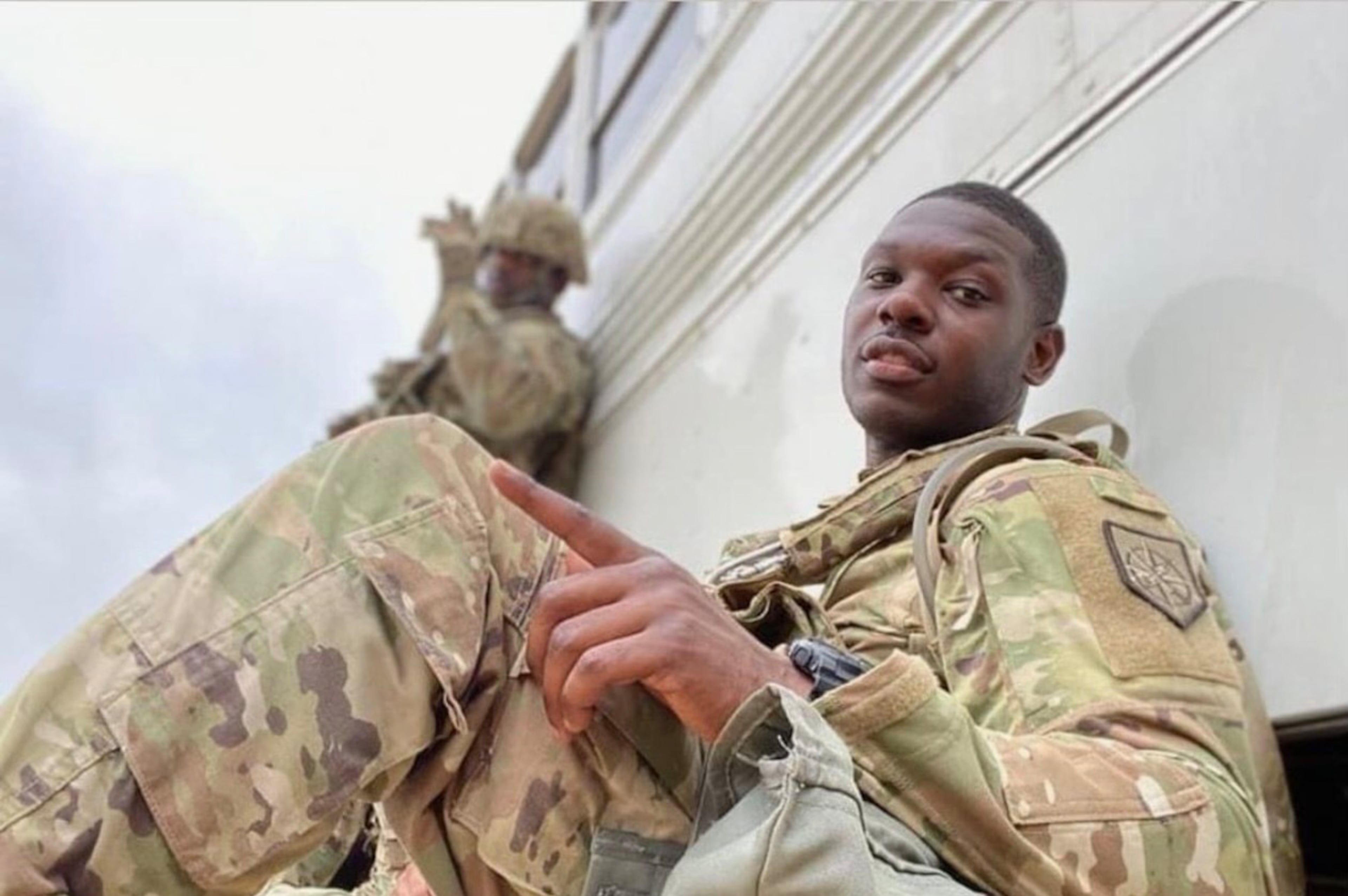Reid W. Kennedy, 92: Judge in historic My Lai court martial
Reid W. Kennedy’s “15 minutes of fame” lasted a bit longer than a quarter of an hour. For four months, Kennedy presided over the court martial of Lt. William Laws Calley Jr., who was accused and found guilty of the 1968 slayings of Vietnamese civilians at My Lai.
The case received national attention and was highly controversial because of the divided opinions about the U.S. presence in Vietnam, but Kennedy did not let those, nor the duffel bags full of hate mail he received at his Fort Benning residence, affect his legal opinion.
“Reid never let anything interfere with his judgment,” said John F. Bell, who served in the military with Kennedy. “He judged the case based on law and facts. That is probably why he was chosen, because they knew he could do that.”
Kennedy retired from the military, where he’d earned the rank of colonel, and moved to Marietta in 1974, where he opened a law office with his son, Reid G. Kennedy. The practice remains active and is run by the younger Kennedy, said Reid Harper, Reid W. Kennedy’s grandson.
“I don’t know that he needed to work after he retired, but he wanted to,” said Harper, who lives in Pittsburgh, Pa. “But he loved to work the military cases that came through that office. That seemed to be all he wanted to do.”
Reid William Kennedy, of Marietta, died Thursday at his home after a brief period of declining health. He was 92. A memorial service is planned for 1 p.m. Friday at Mayes Ward Funeral Home, Marietta, which is in charge of cremation arrangements. Burial, with full military honors, will follow at the Marietta National Cemetery, where the ashes of his first wife, Dorothy Kennedy, are buried.
Kennedy, a native of Cleveland, Ohio, did not always aspire to be an attorney, his grandson said. The law became interesting to him while he was a student at the University of Chicago, where he earned a scholarship as a distance runner. After graduating with his bachelor’s degree Kennedy went on to law school at Drake University in Des Moines, Iowa.
Kennedy, a career military man, served in the Army during World War II and the Korean and the Vietnam conflicts. He was a Judge Advocate General and a paratrooper. That distinction earned him the nicknames the “Legal Leaper” and the “Jumping JAG,” Harper said.
“At that time you didn’t have many JAG officers who were paratroopers,” Bell said. “He was not only a JAG, but a soldier who saw combat.”
Kennedy was well respected in the Army for his fairness, on the bench and in life, Bell said.
“For the ’60s, I’d say Reid was a bit ahead of his time,” he said. “In his conversations he thought differently about social and racial issues than what was held out as the popular opinion. He told me, ‘I always judge people by their competence, and what they do.’ I’ve never forgotten that.”
In addition to his son and grandson, Kennedy is survived by his second wife, Irene Kennedy of Marietta; daughters, Barbara K. Harper of Coraopolis, Pa., and Joan K. Gersbach of Marietta; six grandchildren; and two great-grandchildren.


